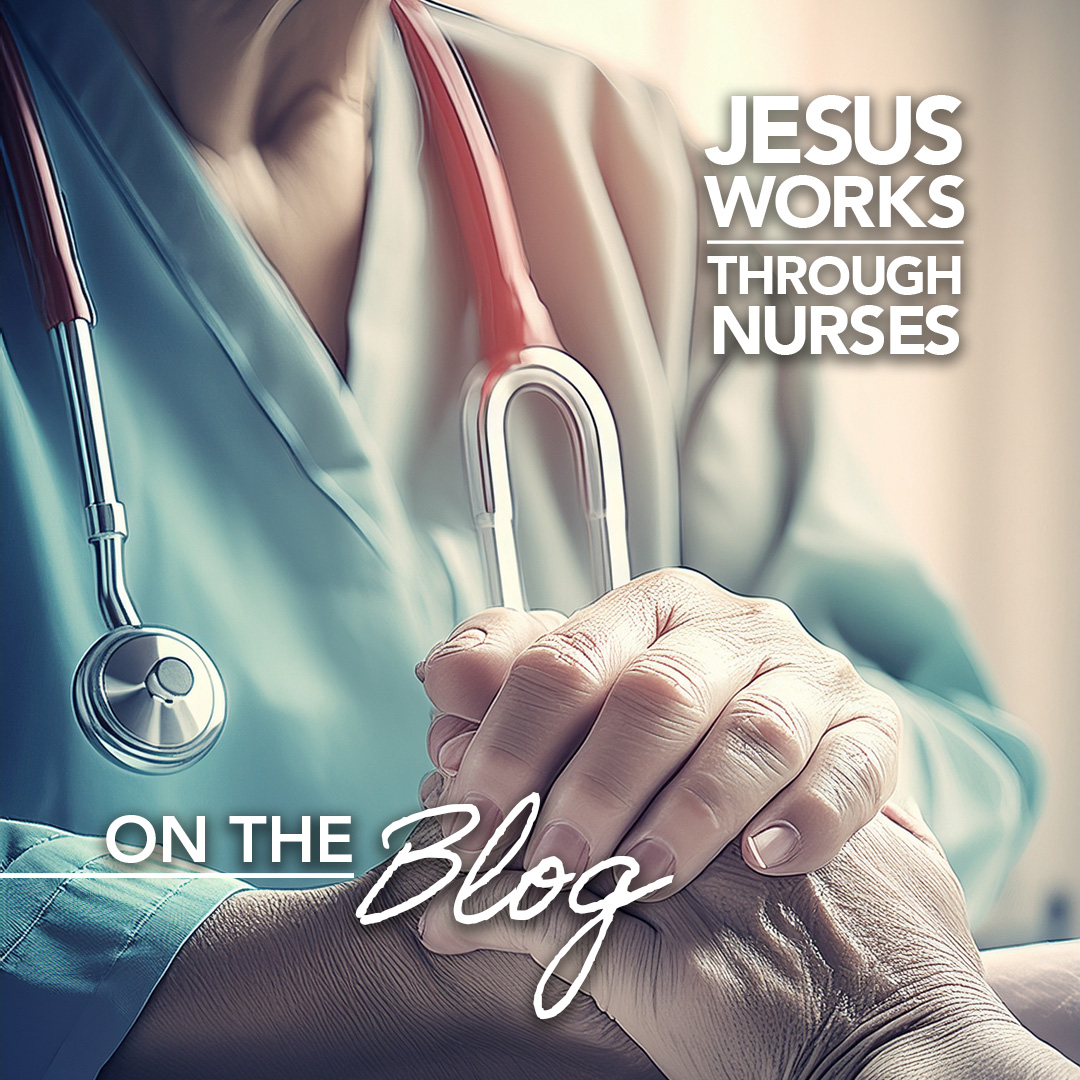 I was in grad school and working as a research assistant at the university. My mentor asked me to orient another new doctoral student to the study we were doing. So we were interviewing, trying to collect data from persons who were going to have surgery for colon cancer.
I was in grad school and working as a research assistant at the university. My mentor asked me to orient another new doctoral student to the study we were doing. So we were interviewing, trying to collect data from persons who were going to have surgery for colon cancer.
We recruited patients to the study just before they had the surgery, and then we’d follow up at 3 months and 6 months. I was given the name of a woman who was going to have surgery the next day there at the hospital at the University of Pennsylvania. The other student was going to observe as I went through the spiel, trying to sell this study funded by the NIH.
This woman had family members there at the bedside with her. Her response to me was basically one where she couldn't even talk about the study.
Will I Survive Surgery?
She was so anxious about the surgery, she couldn’t think about the study. She said to me, “I'm really concerned I'm not going to survive this surgery.” For her, that was the pressing need of the moment—she was trying to process the huge anxiety she had.
Now, I think perhaps Providence had laid this on me, but just not long before that, in some reading for school, I'd come across a study that had documented how people who have premonitions of their death or bad things happening to them during surgery or something like that. Indeed, these things did have a higher likelihood of occurring. So when this woman said that to me, I had that reading in the back of my mind. And instead of internally discounting that she was just too anxious, I took it seriously.
When I realized she was not a candidate who would sign up for the study, I switched into a different mode. And I just hoped that the other doctoral student wasn't going to go back and tell my non-religious mentor about this. I didn't know if I would get in trouble or not. But I felt this woman might appreciate prayer. In a non-coercive way, as the conversation started to come to an end, I asked her, “Would a prayer be helpful?” And she grabbed my hand and said, “Yes, please.” So I prayed with her in front of all these people around the bed.
I have always been so grateful that God put that on my heart, because my sense is that I did do it ethically, and she responded with so much welcome for that prayer. And I did see the anxiety just visibly melt after the prayer.
Elizabeth Johnston Taylor, PhD, RN, FAAN, is a professor at Loma Linda University School of Nursing. Her scholarship addresses the intersection of spirituality, religiosity, health, and nursing. She authors the FAQ in Spiritual Care column in the Journal of Christian Nursing.
Hear more of Beth’s clinical and research experiences and stories on NCF’s Following Jesus in Nursing podcast, episode 10 and episode 11.